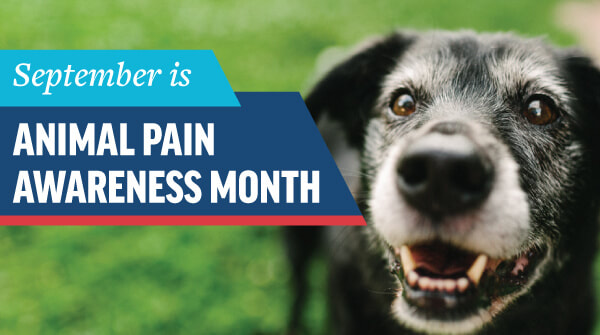|
Congratulations to our new round of graduates! Puppy and kitten wellness and vaccine visits are an important part of your fur baby's health. Call us at 930-5888 to learn more about our packages
0 Comments
Download this client education sheet we made for our PAH family that is new to the Big Island:
Our pets can suffer from pain for many reasons. Arthritic joints, leg or paw injuries, and upset stomachs are all pretty common although other types of injuries and disease can also cause pain. It's not always easy to recognize when our dogs or cats are in pain. Our pets are so very good at hiding it that it becomes our job as their people to look for the subtle clues and signs that may indicate pain in pets. Here are a few signs to watch for.
Unusual Vocalizing Whining, whimpering, yelping, grunting, groaning, howling, or hissing when your dog or cat wouldn't normally do so could indicate pain. Vocalizing could occur any time - when your pet is lying down or resting, when moving around, or when being petted. Vocalizing could also occur when another pet approaches him. Physical Signs and Changes in Posture Changes can be very subtle sometimes, so it is up to us to try to recognize when our dogs seem 'off'. Signs can include:
Changes in Habits & Behaviors Any change that persists should be suspect. Common signs that dogs or cats may be in pain include:
Seeking Veterinary Care Take your pet to the veterinarian if you believe he may be in pain. Do not give your pet human medication, or even pain meds for pets that have not been prescribed by the vet for your pet's current situation. Carefully follow the instructions for pain medications. Ask your vet about possible side effects and monitor your pet. If your pet doesn't react well to the medication, or if the medication doesn't appear to be working as hoped, or if you just have questions, talk to your vet. Don't change the dosage or add any other types of medications without consulting your vet first. Quick medical intervention can help prevent needless suffering in your pet and get him back to feeling better. *Source https://www.petfriendly.ca/articles Congratulations to our new round of graduates! Puppy and kitten wellness and vaccine visits are an important part of your fur baby's health. Call us at 930-5888 to learn more about our packages
|
From the PAH teamKeep up on what's new! Promotions, events, hospital updates, monthly themes, friends of PAH and other happenings... Archives
June 2024
|
Find us!15-2714 Pahoa Village Rd. Unit C3.
Pahoa, Hawaii 96778 Office: 808.930.5888 Fax: 808.930.5889 [email protected] |
Hours of Operation:Monday 8:00 am - 5:00 pm
Tuesday 8:00 am - 5:00 pm Wednesday 8:00 am - 5:00 pm Thursday 8:00 am - 5:00 pm Friday 8:00 am - 5:00 pm Saturday - Closed Sunday - Closed |
Site powered by Weebly. Managed by IDEXX Laboratories






 RSS Feed
RSS Feed